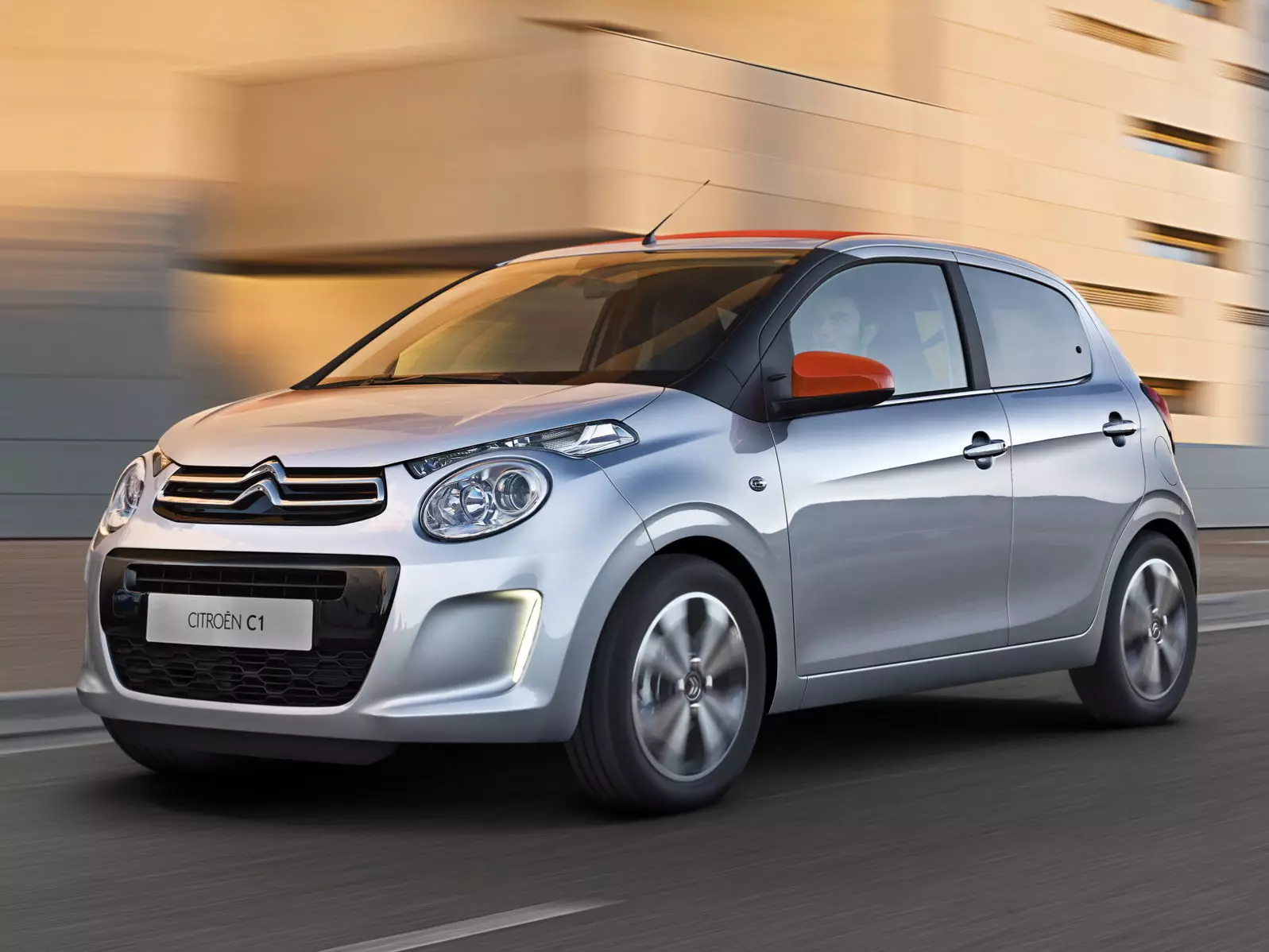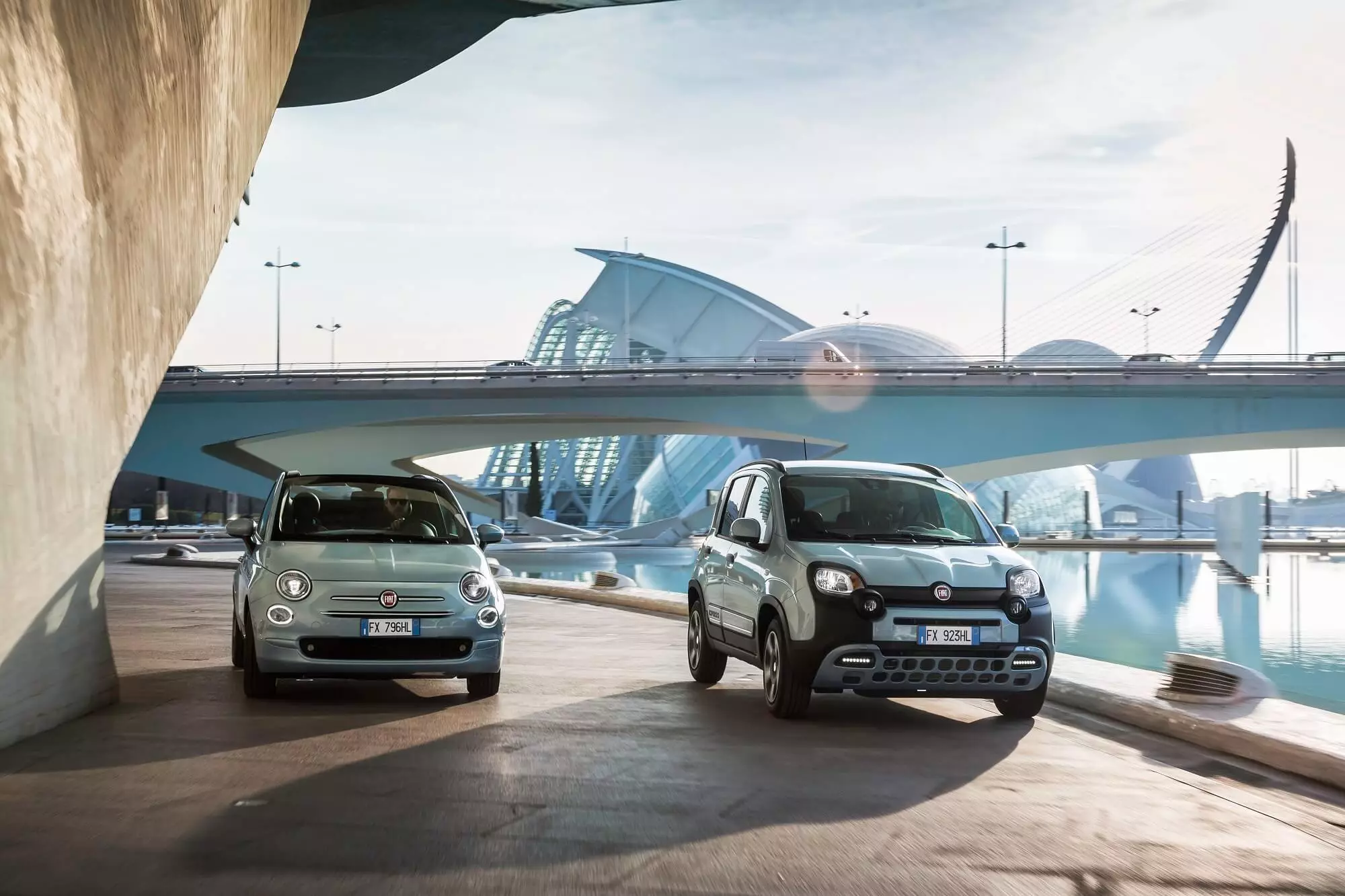Everything indicates that the Peugeot 108 and Citron C1 are expected to cease production soon, according to information received by Reuters from three separate sources.
The end of the pair of Welsh city dwellers, the result of a partnership between Groupe PSA and Toyota (which also spawned Aygo), is justified by the segment's poor profitability, which will only get worse with the growing demand to comply with regulations of emissions.
The first “alert” sign about the future of the Peugeot 108 and Citroën C1 was given in 2018, when Groupe PSA sold Toyota its share of the factory in the Czech Republic where the trio of city dwellers is produced.

Launched in 2014, by this time we should already be getting to know, or at least announcing information about their potential successors, but so far there are no reports of this type of development.
The decision, not yet officially confirmed by the French group, in addition to the justification of rising costs and falling profitability, can also be justified by the future merger with FCA — which will generate an automobile giant named Stellantis — which will require a review strategy of all the plans that were underway.
Subscribe to our newsletter
We remind you that, if everything goes as planned, sometime in 2021, Peugeot and Citroën will have Fiat, the undisputed leader in the urban segment, as their “colleagues”.
Although Fiat said some time ago that it also intended to leave the segment — for the same reasons of low profitability — the economies of scale that the merger will guarantee could mean a new hope for us to continue to have citizens from these brands in the future.

Townspeople haven't had an easy life
Segment A has lost strength over the years. If in 2010 the share of the segment was 10.9%, it has progressively fallen, having reached 7.4% in 2019.The lack of renovation that we have been witnessing — with the exception of Korean models, most city dwellers on sale have already accumulated many years in the market, and with no planned successors — and with the foreseen and already announced end of several models, a fall is to be expected. more accentuated in the new decade to come.
The accounts just don't add up. Emissions-compliant engines are more expensive, hybrid and electric technology is more expensive, and higher demands on safety and connectivity make small townspeople as costly to develop and produce as models in higher segments.
In other words, it is no wonder that builders turn to the B segment, that of utility vehicles, where there is more room to maneuver to place more appropriate prices and more sustainable margins.
Alternatives
Also according to Reuters, electric versions of the Peugeot 108 and Citroën C1 were considered to prolong its career and help Groupe PSA in its mission to reduce CO2 emissions, but it was not a guarantee that it would generate the necessary return. route was abandoned.
For those looking for an alternative to moving around in an urban environment, the solution may be vehicles such as the Citroën Ami. A (very) small electric quadricycle (better known around here as retirement porter) that stands out for its very low purchase price. However, it is not capable of offering the same versatility of use as a city dweller. The maximum speed is only 45 km/h and they cannot travel on highways and expressways, for example.
City dwellers, a rub still looking for a solution.
Source: Reuters.
